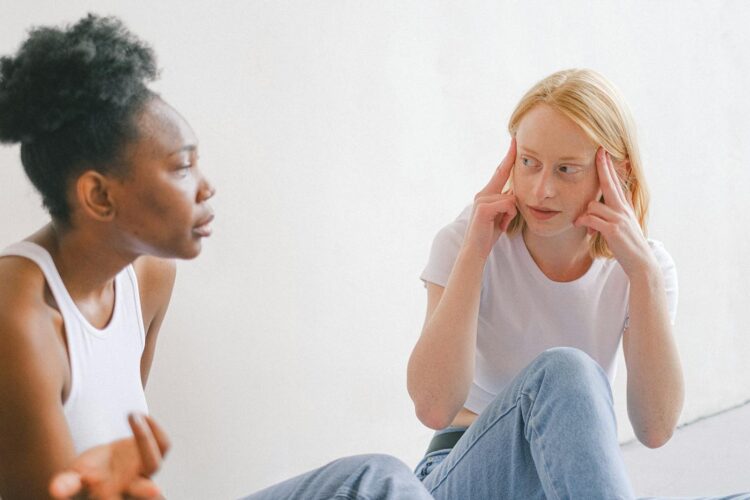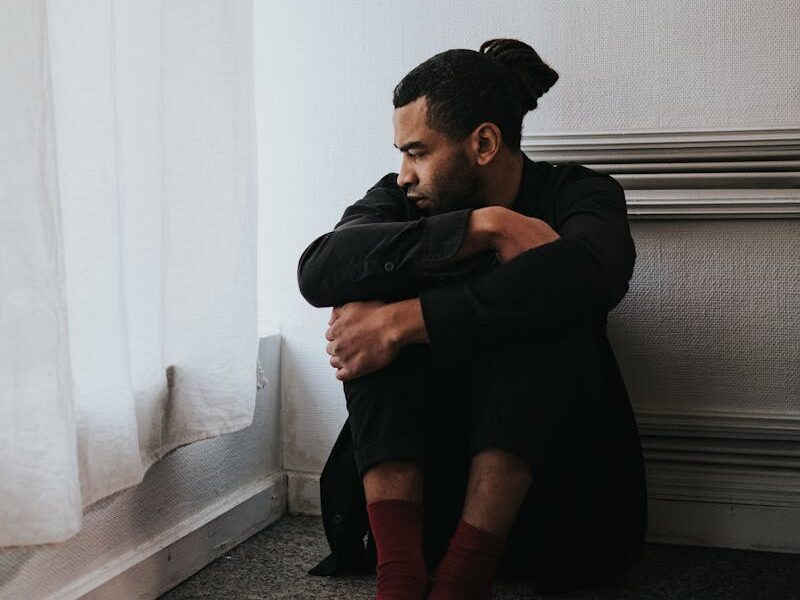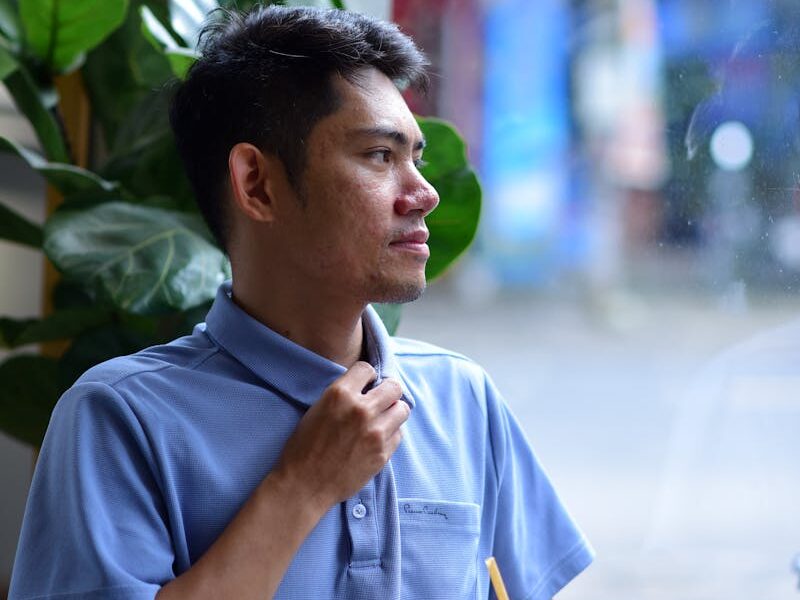
Insecurity doesn’t always scream for attention. In fact, many people mask it with charm, confidence, or perfectionism. But it often reveals itself in subtle behaviors that repeat over time. These habits aren’t always easy to spot, and they’re not necessarily signs of a bad person. Here are 15 behaviors that commonly point to deep insecurity—even in people who seem to have it all together.
Constantly Seeking Validation

An insecure person often looks to others to confirm their worth. They need to be told they look good, they did well, or that their opinion matters. This goes beyond enjoying praise. It becomes a regular need for reassurance. They might ask things like “Do you think I did okay?” even after clear success or subtly fish for compliments. Without external validation, they may spiral into self-doubt, feeling invisible or unappreciated.
Over-Apologizing

People who are very insecure tend to apologize for everything. Not just when they’re wrong but when they speak up, take up space, or express a need. They might say sorry for asking a simple question or for expressing a different opinion. It often comes from a fear of being seen as difficult or unwanted. They would rather shrink themselves than risk being rejected for asserting themselves, even in harmless ways.
Bragging or Name-Dropping Excessively

While it may seem like confidence on the surface, over-the-top bragging is often a cover for insecurity. When someone frequently name-drops, exaggerates achievements, or turns every conversation back to themselves, they’re often trying to prove their worth. They fear not being respected for who they are, so they compensate by showcasing who they know or what they’ve done.
Putting Others Down Subtly

Insecure people sometimes criticize others in small, almost hidden ways. They may point out flaws, correct you unnecessarily, or offer backhanded compliments. This behavior often comes from a need to feel superior, especially when they’re feeling small inside. Rather than build themselves up in healthy ways, they try to shrink others just enough to gain the upper hand emotionally.
Avoiding Eye Contact

Someone deeply insecure may struggle with eye contact, especially during emotionally vulnerable moments. They might look away when complimented or avoid your gaze when discussing serious topics. It’s often a sign they’re uncomfortable being fully seen. Holding eye contact can feel exposed, and they might fear that if someone looks too closely, they’ll see everything they’re trying to hide.
Taking Everything Personally

Insecure individuals often interpret neutral or even unrelated events as a reflection of themselves. A short reply, a canceled plan, or a joke can feel like a personal attack. They tend to assume others are upset with them or that they’ve done something wrong. This hypersensitivity stems from internalized fears of rejection or failure, and it can create unnecessary emotional strain in their relationships.
Being Overly Competitive

There’s a difference between enjoying a challenge and needing to win at everything. Insecure people may feel threatened by others’ success and try to outdo them constantly. Whether it’s in conversations, careers, or appearances, they may treat life like a scoreboard. Their self-worth depends on being “better than” someone else because they don’t believe they’re enough on their own.
Struggling to Accept Compliments

If you compliment someone and they immediately deflect, dismiss it, or argue against it, they may be dealing with insecurity. Compliments make them uncomfortable because they don’t believe they’re true. Saying “You’re reallytalented” might be met with “No, not really” or “I just got lucky.” It’s not humility—it’s self-doubt speaking louder than your praise.
Needing to Control Everything

Insecurity often manifests as control. When someone feels unsure of themselves, they may try to micromanage theirsurroundings to reduce uncertainty. This can show up as rigid routines, difficulty delegating, or discomfort when plans change. The need for control helps them feel safer in a world that feels unpredictable, but it often causes tension with others.
Avoiding Conflict at All Costs

Insecure individuals tend to avoid confrontation even when it’s necessary. They may suppress their needs, hide their opinions, or agree just to keep the peace. The fear of upsetting others or being disliked is stronger than the desire to stand up for themselves. Over time, this leads to resentment and emotional exhaustion, but they’d rather stay quiet than risk conflict.
Constantly Comparing Themselves to Others

An insecure person may always feel like they’re falling short compared to everyone else. Whether it’s looks, success, relationships, or status, they view life through the lens of competition. They may obsess over what others have and feel inadequate as a result. Social media tends to amplify this pattern, fueling anxiety and self-criticism.
Being Too Agreeable

Saying yes to everything, even when it’s inconvenient or unfair, is a common trait of someone who’s deeply insecure. They fear being disliked, so they default to being overly agreeable. They might let people take advantage of them, stay silent during disagreements, or go along with things that don’t feel right just to avoid friction. Their boundaries are often unclear or nonexistent.
Making Themselves the Punchline

Insecure people often use self-deprecating humor as a defense mechanism. While it might seem lighthearted, constantly making themselves the joke is a way to manage insecurity. They believe if they point out their flaws first, no one else can hurt them. This kind of humor often masks deeper feelings of unworthiness or shame.
Struggling With Decision-Making

When someone doubts themselves deeply, even small choices feel overwhelming. Insecure people may second-guess everything they do, from what to wear to which email to send. They often ask for excessive input from others or delay decisions out of fear of making the wrong one. Their fear of failure or judgment makes them hesitant to act with confidence.
Acting Overly Independent

While it may sound like a strength, extreme independence can sometimes be a mask for insecurity. These individuals may refuse help, reject emotional support, or isolate themselves because they fear being seen as needy or weak. In reality, their self-reliance is often a shield to protect fragile self-worth. They’d rather struggle alone than risk letting someone in and feeling exposed.

